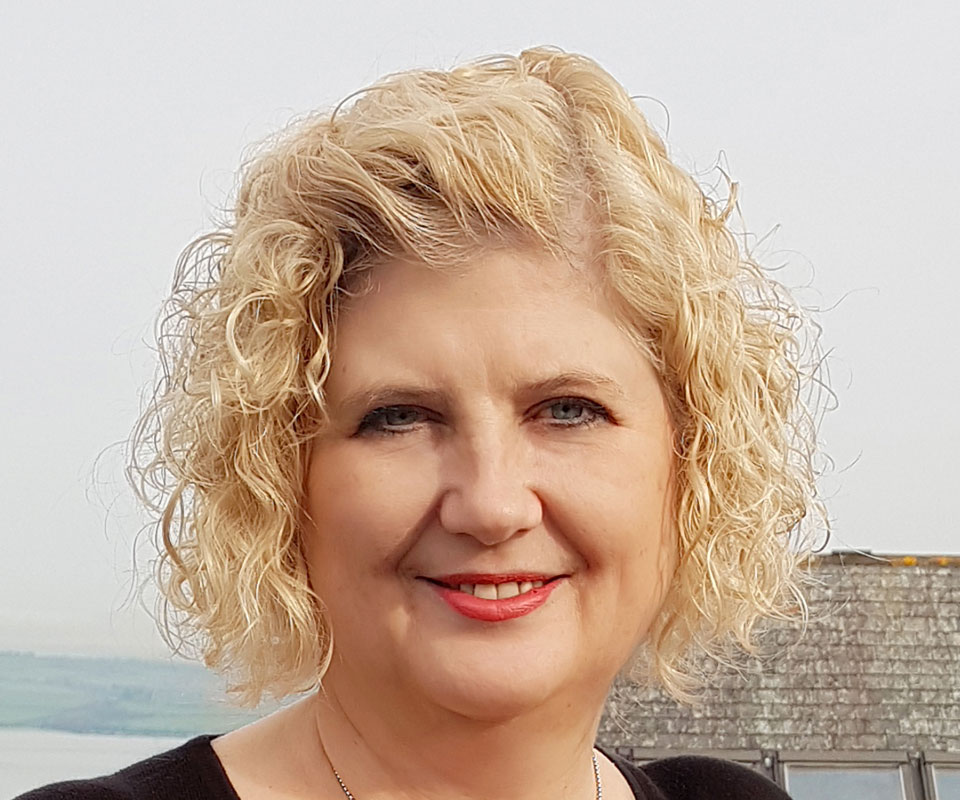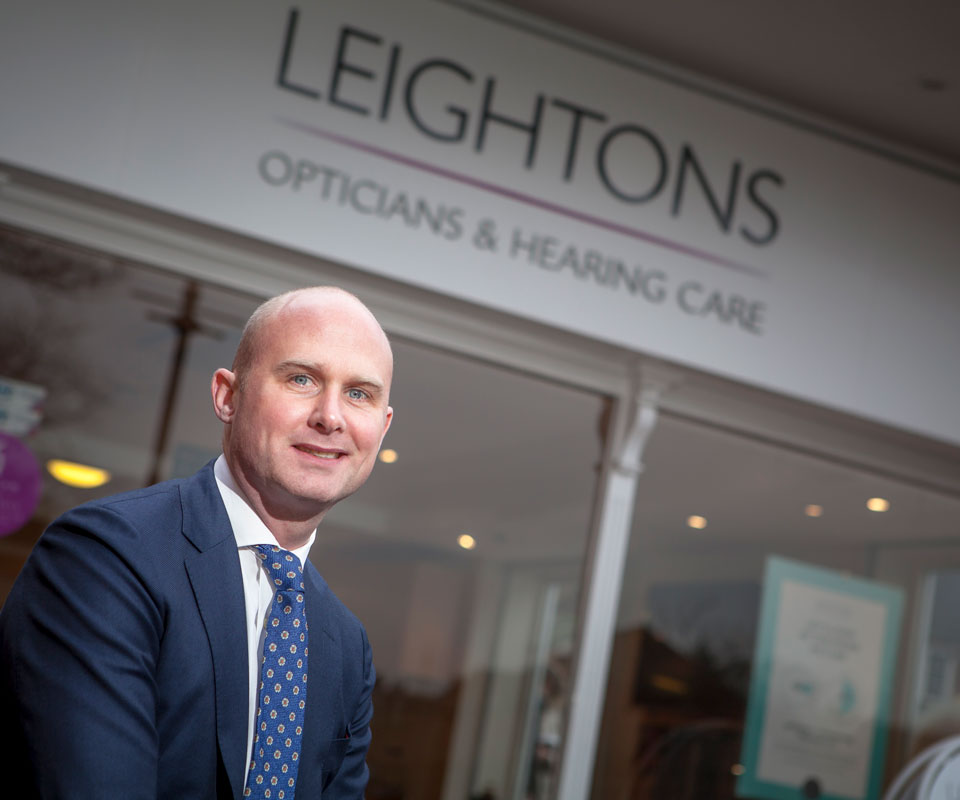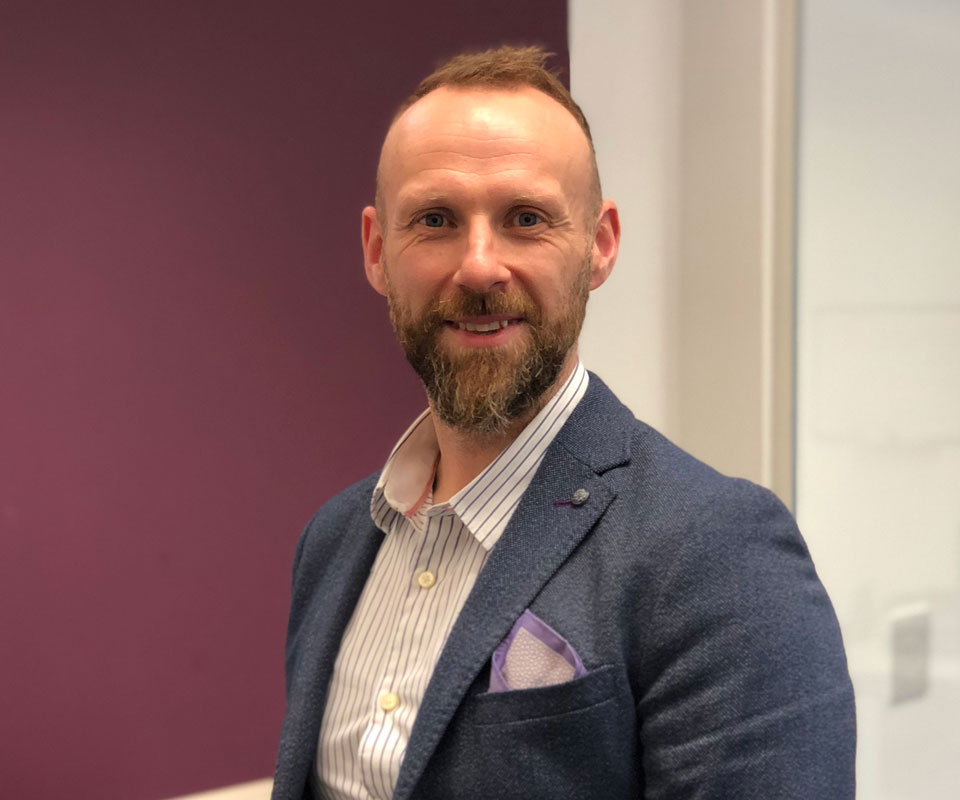- OT
- Life in practice
- Business management
- Hearing the benefits
The discussion
Hearing the benefits
OT explores the models of audiology that are available to independent opticians to find out the benefits and drawbacks that can be associated with them

07 August 2019
The introduction of audiology services into independent opticians is on the rise. There are a number of paths that practices can take when establishing the service, from employing an in-house audiologist, to partnering with an existing audiology business or an independent provider.
OT speaks to representatives from Bloom Hearing Specialists, The Hearing Care Partnership, and Bayfields Opticians and Audiologists to provide insight for practice owners who are considering audiology.
Bloom in practice
Bloom Hearing Specialists was established in 2013 and today operates 23 standalone audiology outlets on the UK High Street and three in the Republic of Ireland. For prospective customers who do not live close to a branch, the business offers a free domiciliary service, “meaning we basically cover all of England and Wales,” managing director of Bloom Hearing Specialists, Diane Newman told OT.

A growing area for the audiology business is optical partners, of which it currently has around 100. Bloom Hearing Specialists runs optical partnerships with independent opticians and small optical groups. Being a partner involves a Bloom Hearing Specialists-employed audiologist offering hearing care services in an optical practice once a fortnight, with the option to increase days as business grows. “We provide the audiologist, we provide all of the equipment, we provide training and we provide marketing support,” Ms Newman explained.
Prior to launching the service, all partner practices have an in-house training evening, which is provided by one of Bloom Hearing Specialists two full-time trainers. “Top up” training at regular intervals is also provided thereafter.
Emphasising the importance of training, Ms Newman said: “We train all staff in the practice, from front of house to clinicians, so that everyone is comfortable talking to patients about hearing care because it can be a big thing because it can be a challenging subject for some people.”
Optical partners will receive commission in the form of a percentage of sales. “They are making money out of spare space, they are giving a fantastic extra service to their customers and it is advantageous to everybody,” Ms Newman said.
Discussing the requirements of the space needed to run the audiology service, Ms Newman highlighted that it is minimal and rarely does work need to be done. “Most optical testing rooms are absolutely fine. Our audiologists are used to operating in people’s front rooms as part of our domiciliary service, so they are used to working in tricky situations,” she told OT.
As a business, Bloom Hearing Specialists has grown over the last few years, mainly through its optical partnerships. “Two years ago, we had 30 partners, now we have 100,” Ms Newman said.
The managing director attributes this growth to the changing healthcare sector and patient demand for hearing care services at the opticians, but also through a partnership with lens manufacturer, Essilor. “Essilor recommends Bloom Hearing Specialists as a preferred partner and that has certainly helped businesses build confidence in Bloom,” Ms Newman said.
When speaking about the positives and negatives of a partnership model, Ms Newman stressed service level. “Opticians work incredibly hard to attract and retain patients by offering a high level of personal care. There can be a fear that if they hand their customers over to another professional, they could lose that optical customer,” she explained. Reassuring independents, Ms Newman revealed that Bloom Hearing has a Net Promoter Score of 78%, “which is very high,” she said.
If an optical partner decides that audiology is not right for them, Bloom Hearing Specialists commits to providing continued hearing care to any existing patients through its domiciliary service. “Their customers are never left without a solution and we will always be there to look after them,” Ms Newman highlighted.
Acknowledging that practices have options when it comes to introducing hearing care, Ms Newman advised business owners who are considering audiology to make sure they are 100% committed to the service. “You need to make sure that you really want to do this for the right reasons and that your team is on board. If you are energetic and enthusiastic about it, you will make it work,” she said.
It is a tough market and anything that independents can do to improve patient retention, build loyalty and generally create a bit more stickiness to their practice is a good thing
Partnering with hearing care
The Hearing Care Partnership was launched in July 2017 and was established by Ryan Leighton, CEO of Leightons Opticians and Hearing Care.

Having introduced audiology services into the optical group over a decade previously, The Hearing Care Partnership was born from the persistence of a small group of independents who encouraged Mr Leighton to create an offering that would enable them to rollout hearing care in their practices.
“Their serious interest in wanting to offer audiology but feeling that there was not a provider for them was what made me establish The Hearing Care Partnership,” Mr Leighton told OT.
The company took a year to bring to fruition before launching in its first practice, TKS Optometrists in Northampton.
The journey began with extensive research. “In 2016 I went out and began talking to independents around the UK. The aim was to find out what was being offered at that moment, what they didn’t like and what we could do better,” Mr Leighton explained. “We quickly saw a lot of simple things that we could adjust and do well. While they were simple, they were things that other suppliers were not offering at the time,” he added.
Over the last two years, The Hearing Care Partnership has grown mainly through word of mouth and today has 99 partners, with another 40 ready to be rolled out.
“We set up the business with the sole purpose of serving independent opticians with audiology and that is what makes us strong and unique,” Mr Leighton emphasised.
Explaining the offering, Mr Leighton said: “We do everything. We employ the audiologist, we train the optical team and we provide marketing.”
Audiologists will utilise existing consulting room space and, if needed, The Hearing Care Partnership can support and advise on requirements such as sound proofing, specific doors and redecoration if needed.
While the majority of partners have opted to offer audiology one or two days a week per some are full-time, Mr Leighton confirmed.
The Hearing Care Partnership operates a non-compete model, meaning that once its services are integrated into one opticians in a town, it will not integrate its services into any other opticians in the same town.
On opting to partner with The Hearing Care Partnership, practices will have access to free staff training, as well as marketing for the audiology and optical arms of their practice, and business insight.
A large advantage of this model comes through The Hearing Care Partnership’s relationship with Leightons, through which it is able to share business intelligence with its partners that will support their optical business too. “We can share a broad range of business insight, from our top 10 frame seller and how we offer interest free payments on glasses, to how we bonus our managers and operate recommend a friend for customers,” Mr Leighton revealed.
“This is something independents will not get anywhere else,” he emphasised.
What The Hearing Care Partnership is looking for from a partner is: “Someone who is motivated and who wants to introduce hearing care because it is a great thing for their patients. We want someone who gets the bigger picture and wants to support their team to make this part of what they do,” Mr Leighton highlighted.
Mr Leighton believes that hearing care is an avenue that independents should explore because: “It is a tough market and anything that independents can do to improve patient retention, build loyalty and generally create a bit more stickiness to their practice is a good thing.”
He highlighted that one of the main benefits of offering hearing care is its ability to support patient retention. Using Leightons as an example, the CEO shared that his optical group acquires nine new patients a month in each practice who visit them for hearing care services who have not visited them for optical. 25% of these customers become optical customers within a year, he emphasised. “So the point is that independents not offering audiology are definitely losing customers as a result. How many, you will not know, but you will lose some,” he said.
The hardest thing is culturally getting your optometric business to think as an audiologist business as well – we haven’t cracked it yet – but we’re close to doing so
Going it alone
There is a third option for practice owners who wish to introduce audiology but feel that partnering with another organisation is not right for them can be described as ‘going it alone.’
Managing director of Bayfields Opticians and Audiologists, Royston Bayfield, introduced audiology into his independent optical group in October last year.

The business has 18 branches across England and, as a result, Mr Bayfield felt that employing a full-time audiologist was right for his business.
In less than a year since its launch, the independent has rebranded from Bayfields Opticians to Bayfields Opticians and Audiologists and has two full-time audiologists, with two more due to join this summer and recruitment currently in progress for a fifth. “At that point we will be offering audiology in every branch,” he told OT.
For Mr Bayfield, employing his own audiologist was right for his business because it fitted with its strategic objectives. “We were absolutely going to employ our own audiologist because we have scale and because brand is very important for us,” he explained. “We understand what it is that makes us special optometrically and we wanted to apply that same theory to our audiology offering and have full control,” he added.
Mr Bayfield is clear that he did not rush into the decision to introduce audiology into his business. In fact, he met his head audiologist over six years ago. “It was something that I was considering for a long time and have met with Paul regularly over the years. I didn’t enter audiology sooner as it didn’t fit with the strategic objectives of the business. It was only last year that we were at the right stage and we had the time required to implement it,” he explained.
Bayfields provides a full hearing care offering. “We offer hearing aids, plugs and ear wax removal – anything for ears, we will do,” Mr Bayfield said.
The business currently operates on a free appointment model, which is quite common, the business owner said. Clients are offered a full examination or a screening appointment. The latter is a shorter initial appointment that introduces the client to hearing care and can have three possible outcomes: there are no issues, there is an ear wax problem or there is clinical hearing loss. The outcome is then managed appropriately.
“Our whole philosophy is about truly understanding the client, the individual, their lifestyle and what they use their eyes and ears for. Then we tailor make the appointment around that,” Mr Bayfield emphasised.
Speaking about why the independent opted to introduce audiology into its practice portfolio, Mr Bayfield admitted that not offering it was one of the main reasons that the opticians lost business previously. “An increasing number of clients had begun asking if we offered hearing care and would subsequently go elsewhere,” he explained.
Discussing why he thinks independent practice owners should consider audiology, Mr Bayfield acknowledged that while the retail landscape evolves “what is clear is that people still want to invest in their health, so anything that helps optometry establish itself as healthcare retailers will support us with the ongoing battle on the High Street.”
Mr Bayfield stressed that practices have to be committed to audiology and it has to be right for the business. “If it doesn’t fit with a business’ strategic objectives, don’t do it or it will fail,” he warned. “You have to have the management bandwidth and resources to do it properly, or are you better off leaving it,” he added honestly.
When speaking about the challenges that the business has faced when introducing hearing care, Mr Bayfield admitted: “The hardest thing is culturally getting your optometric business to think as an audiologist business as well – we haven’t cracked it yet – but we’re close to doing so.”
As a result, training is key and the optical group is in the process of writing a training programme that aims to ensure staff are trained to the same level of those in standalone audiology outlets. “This can be delivered quite quickly, but what is most important is to ensure that it is delivered continuously every couple of months so the team is educated and up to date,” he highlighted.
Sharing learnings, Mr Bayfield advised that audiology is not about volume. “A great optometric practice does not make a great audiology practice. It’s about whether people want that service in that location and the way you provide that service,” he said.
The expectation from customers that optometry and audiology come hand-in-hand will continue to grow
Future gazing
When speaking to the trio about the future of audiology and optometry services under one roof, each agreed that it is growing and will continue to become more and more common.Mr Leighton highlighted that the opportunity hearing care can bring independents is evident in the statistics. “When you look forward to 2030, the number of people in the country who will be over 50 is enormous; and it is estimated that 50% of those over 50 will have some type of hearing loss – so this will only become more significant and more of an opportunity for opticians,” he said.
For Bloom Hearing Specialists, Ms Newman predicted “it will just get bigger.”
“The expectation from customers that optometry and audiology come hand-in-hand will continue to grow. As this happens, people’s acceptance of doing something about hearing loss will grow too and we will overcome some of the reluctance that people have about hearing tests,” she said.
“I hope hearing checks will become as regular as an eye check, a dental check and everything else that you do to look after your health,” she added.
Image credit: Getty/AudreyPopov
Advertisement


Comments (0)
You must be logged in to join the discussion. Log in